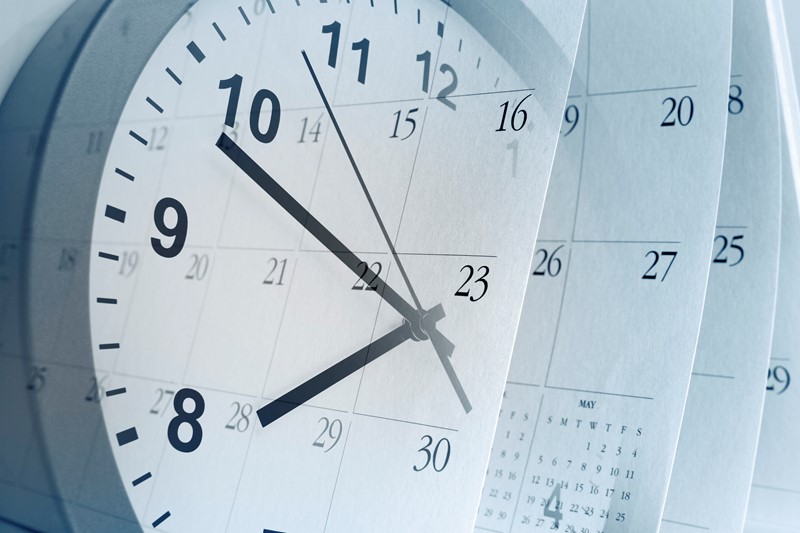Business Asset Disposal Relief (BADR) applies to the sale of a business, shares in a trading company or an individual’s interest in a trading partnership. Where this relief is available Capital Gains Tax (CGT) of 10% is payable in place of the standard rate. There are a number of qualifying conditions that must be met to benefit from this relief.
BADR used to be known as Entrepreneurs’ Relief before 6 April 2020. The name change did not affect the operation of the relief.
You can currently claim a total of £1 million in BADR over your lifetime. The £1m lifetime limit means you can qualify for the relief more than once. The lifetime limit may be higher if you sold assets before 11 March 2020.
Claims for BADR are made via your self-assessment tax return or by filling in Section A of the Business Asset Disposal Relief help sheet.
The deadline for claiming relief is as follows:
|
Tax year when you sold or closed your business |
Deadline to claim BADR |
|
2021-22 |
31 January 2024 |
|
2022-23 |
31 January 2025 |
|
2023-24 |
31 January 2026 |












